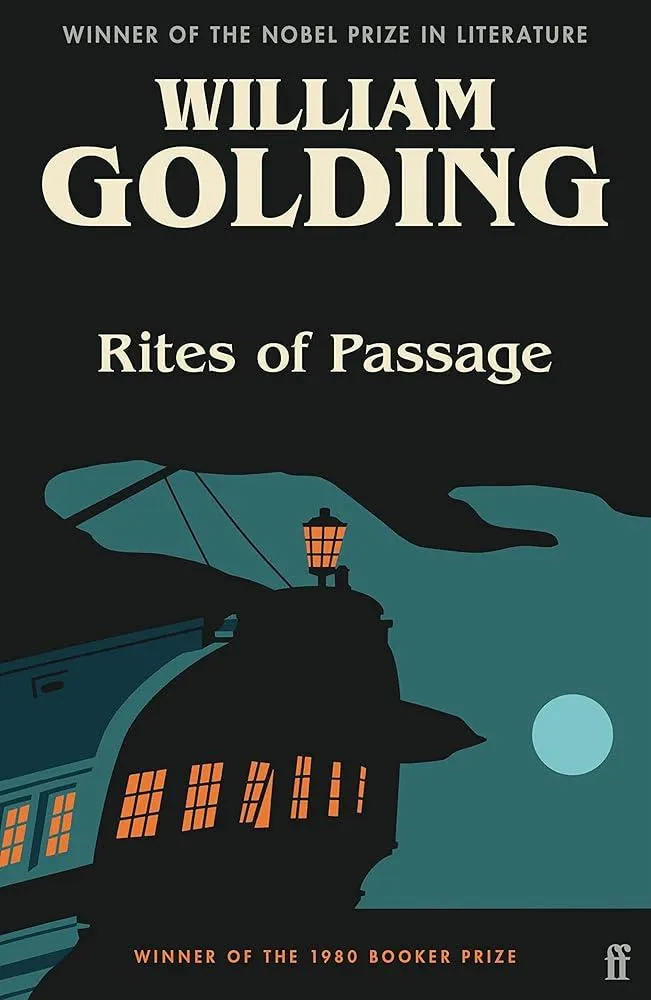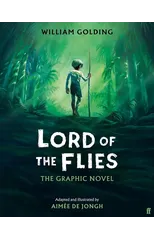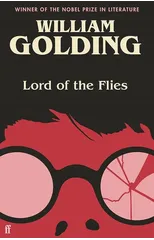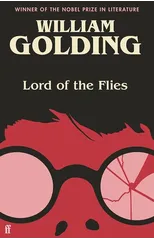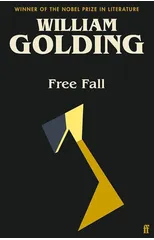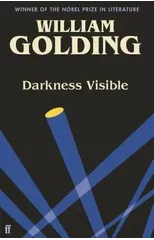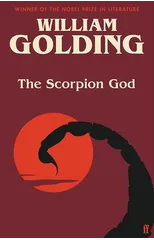Rites of Passage
Introduced by Annie Proulx
(Author) William GoldingIntroduced by Annie Proulx. lose yourself in an epic naval journey in this Booker Prize-winning novel: the first in the acclaimed Sea Trilogy by the author of Lord of the Flies. I grow a little crazy, I think, like all men at sea who live too close to each other and too close thereby to all that is monstrous under the sun and moon . . . Edmund Talbot is sailing to Australia in the early nineteenth century. In his journal, he records mounting tensions aboard the ancient, stinking warship, as officers, sailors, soldiers and emigrants jostle in the cramped darkness below decks. But when something happens to Reverend Colley that brings him into a 'hell of self-degradation', it seems that shame is a force deadlier than the sea itself . . . 'It is the emotional veracity of life at sea that powers Golding's exceptional writing ... The fury, mystery and challenge.' Kate Mosse 'Golding writes the past as present [with] uncanny skill and tremendous intuition.' Ben Okri 'A master at the full stretch of his age and wisdom - necessary, provoking, urgent, rich, complex and rare.' The Times 'Golding's best and most accessible story since Lord of the Flies.' Melvyn Bragg 'An extraordinary novel.' Observer To The Ends of the Earth: A Sea Trilogy - Book One
William Golding
William Golding was a British novelist best known for his novel "Lord of the Flies," which explores the dark side of human nature through the story of a group of boys stranded on a deserted island. Golding's writing style is characterized by its exploration of themes such as morality, civilization, and the inherent evil in humanity. His works often feature complex characters and intricate plots that challenge readers to confront difficult truths about the human condition. Golding's contributions to literature have had a lasting impact on the literary genre of dystopian fiction, influencing writers such as George Orwell and Aldous Huxley. His works continue to be studied and celebrated for their insight into the complexities of human nature and society.
